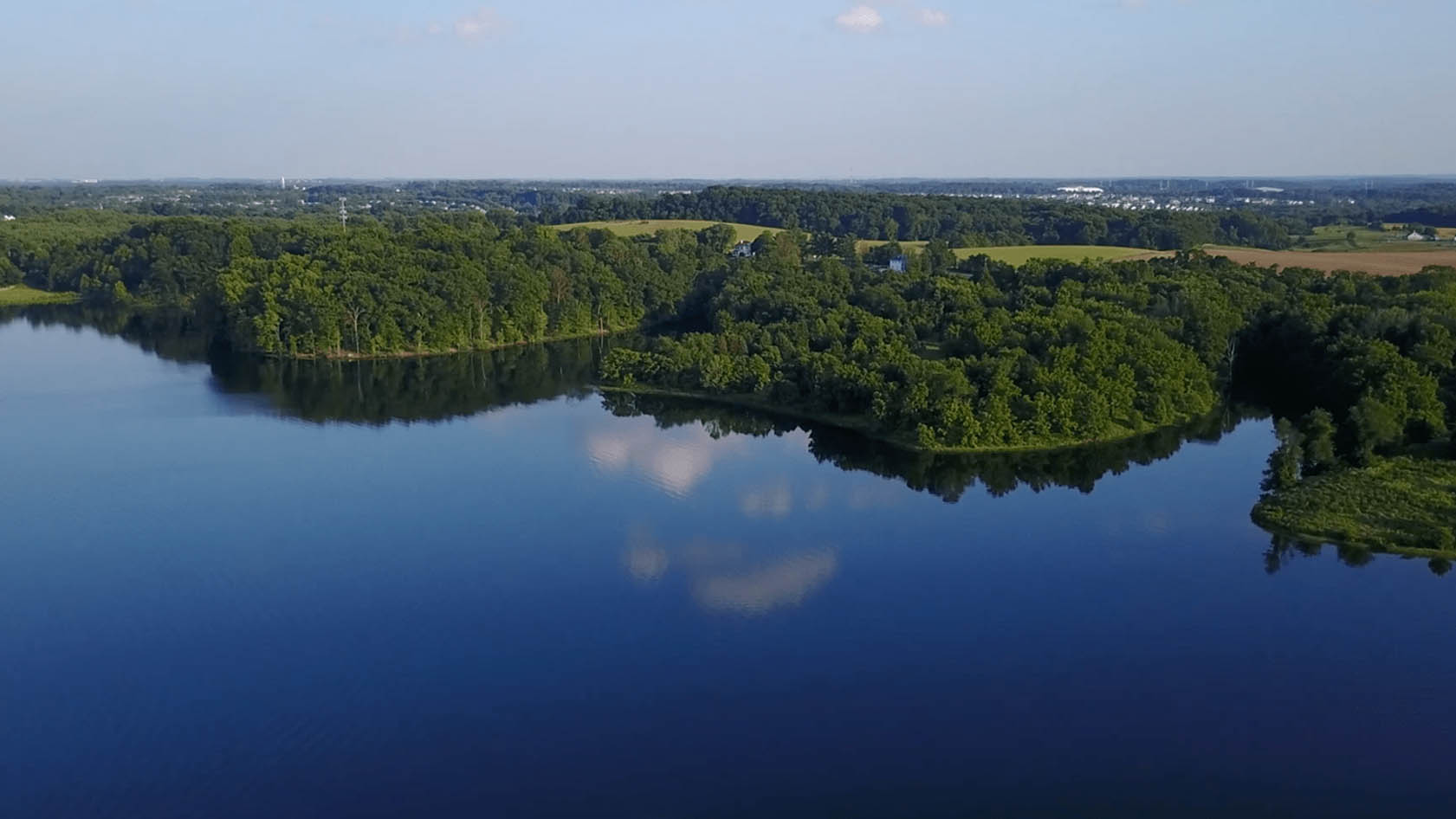Funding Would Support Bioconversion Facilities in Maryland, Delaware, and California
Annapolis, Maryland — CleanBay Renewables, an enviro-tech company focused on the production of carbon-negative renewable natural gas (RNG), low-carbon renewable hydrogen and natural controlled-release fertilizer, today announced it has been invited to submit a Part II loan application to the U.S. Department of Energy’s (DOE) Loan Programs Office (LPO). The invitation comes after LPO determined the project’s eligibility and readiness to proceed through its Part I application review. The company is requesting more than $750 million to fund utility-scale bioconversion facilities in three states.
“The DOE invitation to continue this process is further validation of the environmental and economic benefits that will be provided by each one of our facilities,” said CleanBay’s Executive Chairman Thomas Spangler. “Our process is an innovative way to reduce GHG emissions and provide a low-to-negative carbon solution for vehicle fuel, residential and maritime use, EV charging and hydrogen production.”
Spangler noted that CleanBay is a logical choice for a potential public/private partnership because its proposed projects support U.S. climate policy goals and provide a net-zero solution for the energy transition. In addition to the LPO Title 17 Clean Energy Financing Program, he referenced the recent Biden administration announcement creating regional “Hydrogen Hubs” and the company’s desire to participate in these hubs as another example of CleanBay’s alignment with current climate goals.
“We see this process as a natural next step in the capitalization of our shovel-ready projects in Maryland and future projects under development in Delaware and California,” said Spangler. “While work remains to be completed for the Part II review, it is an important step in the Department’s willingness to proceed with its diligence and confirms CleanBay’s GHG emission reduction benefits.”
DOE’s invitation to submit a Part II application is not an assurance that DOE will invite the applicant into the due diligence and term sheet negotiation process, that DOE will offer a term sheet to the applicant, or that the terms and conditions of a term sheet will be consistent with terms proposed by the applicant. The foregoing matters are wholly dependent on the results of DOE review and evaluation of a Part II Application, and DOE’s determination whether to proceed.
At full capacity, each CleanBay bioconversion facility can recycle more than 150,000 tons of poultry litter annually. By repurposing a potential source of excess nutrients, each facility can generate more than 750,000 MMBtus of sustainable RNG, 100,000 tons of natural controlled-release fertilizer and up to an estimated 500,000 tons of CO2 equivalent emission reduction that can be available for Scope 1 and 2 emission reductions or monetization in global carbon markets.
As an alternative to renewable natural gas, CleanBay’s facilities can also produce clean, low-carbon hydrogen at an estimated rate of 13,500 tons per year. CleanBay has accumulated proprietary intellectual property covering its conversion process to include trade secrets, a U.S. patent and pending patent applications in the U.S. and Europe.
###
About CleanBay Renewables Inc.
CleanBay is an enviro-tech company founded in 2013 focused on the sustainable management of agriculture byproducts through anaerobic digestion and nutrient recovery technologies which produce renewable natural gas and natural controlled-release fertilizer. The company is actively developing projects throughout the U.S. CleanBay’s powerful solution to reduce air, soil, and water pollution is sustained by a robust economic model that provides businesses with an opportunity to offset CO2 emissions, poultry growers with an alternative use for their poultry litter, and crop farmers with a controlled-release fertilizer to increase sustainable food production and support healthy soils.


